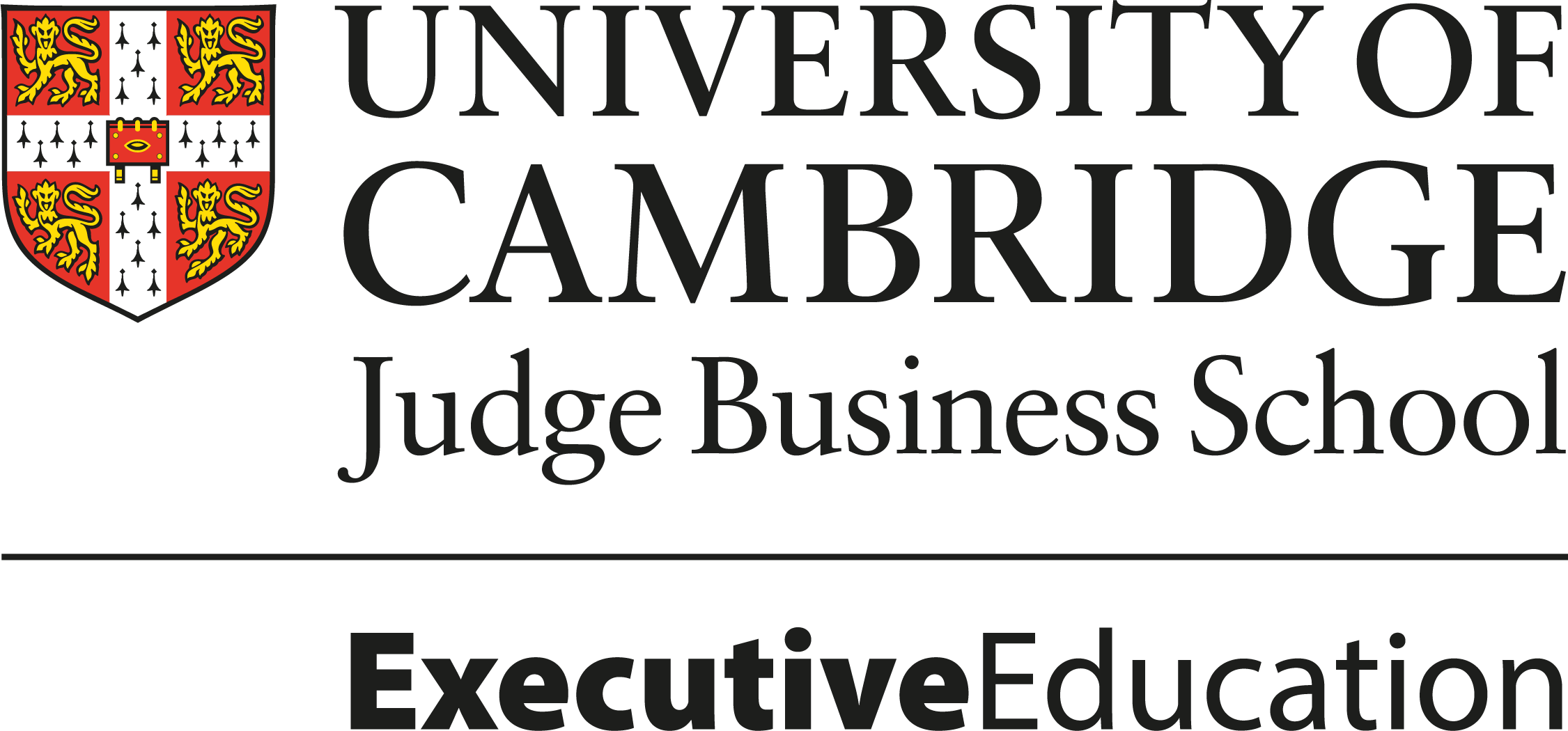

JBS Executive Education Limited

Cambridgeshire, United Kingdom
March 2024
Education & training services
Service with Minor Environmental Footprint
United Kingdom
At Cambridge Judge Business School Executive Education, we are dedicated to nurturing positive change and driving societal impact through business leadership and innovation. As a leading institution within the renowned University of Cambridge, we leverage academic excellence, real-world insights, and collaborative learning to empower executives and organisations worldwide. Our mission is to cultivate responsible leadership and sustainable business practices that create value not only for shareholders but also for society and the environment. We believe that business can be a force for good, driving innovation, addressing global challenges, and promoting economic prosperity while respecting the planet and its people. We offer a diverse portfolio of executive education programmes designed to equip leaders with the knowledge, skills, and mindset needed to navigate complex business landscapes and effect positive change. From tailored leadership development programs to cutting-edge courses on sustainability and social entrepreneurship, our offerings are grounded in rigorous research and delivered by world-class faculty and industry experts.
Overall B Impact Score
Governance 9.8
Governance evaluates a company's overall mission, engagement around its social/environmental impact, ethics, and transparency. This section also evaluates the ability of a company to protect their mission and formally consider stakeholders in decision making through their corporate structure (e.g. benefit corporation) or corporate governing documents.
What is this? A company with an Impact Business Model is intentionally designed to create a specific positive outcome for one of its stakeholders - such as workers, community, environment, or customers.
Workers 29.9
Workers evaluates a company’s contributions to its employees’ financial security, health & safety, wellness, career development, and engagement & satisfaction. In addition, this section recognizes business models designed to benefit workers, such as companies that are at least 40% owned by non-executive employees and those that have workforce development programs to support individuals with barriers to employment.
Community 48.6
Community evaluates a company’s engagement with and impact on the communities in which it operates, hires from, and sources from. Topics include diversity, equity & inclusion, economic impact, civic engagement, charitable giving, and supply chain management. In addition, this section recognizes business models that are designed to address specific community-oriented problems, such as poverty alleviation through fair trade sourcing or distribution via microenterprises, producer cooperative models, locally focused economic development, and formal charitable giving commitments.
What is this? A company with an Impact Business Model is intentionally designed to create a specific positive outcome for one of its stakeholders - such as workers, community, environment, or customers.
Environment 7.1
Environment evaluates a company’s overall environmental management practices as well as its impact on the air, climate, water, land, and biodiversity. This includes the direct impact of a company’s operations and, when applicable its supply chain and distribution channels. This section also recognizes companies with environmentally innovative production processes and those that sell products or services that have a positive environmental impact. Some examples might include products and services that create renewable energy, reduce consumption or waste, conserve land or wildlife, provide less toxic alternatives to the market, or educate people about environmental problems.
Customers 19.8
Customers evaluates a company’s stewardship of its customers through the quality of its products and services, ethical marketing, data privacy and security, and feedback channels. In addition, this section recognizes products or services that are designed to address a particular social problem for or through its customers, such as health or educational products, arts & media products, serving underserved customers/clients, and services that improve the social impact of other businesses or organizations.
What is this? A company with an Impact Business Model is intentionally designed to create a specific positive outcome for one of its stakeholders - such as workers, community, environment, or customers.